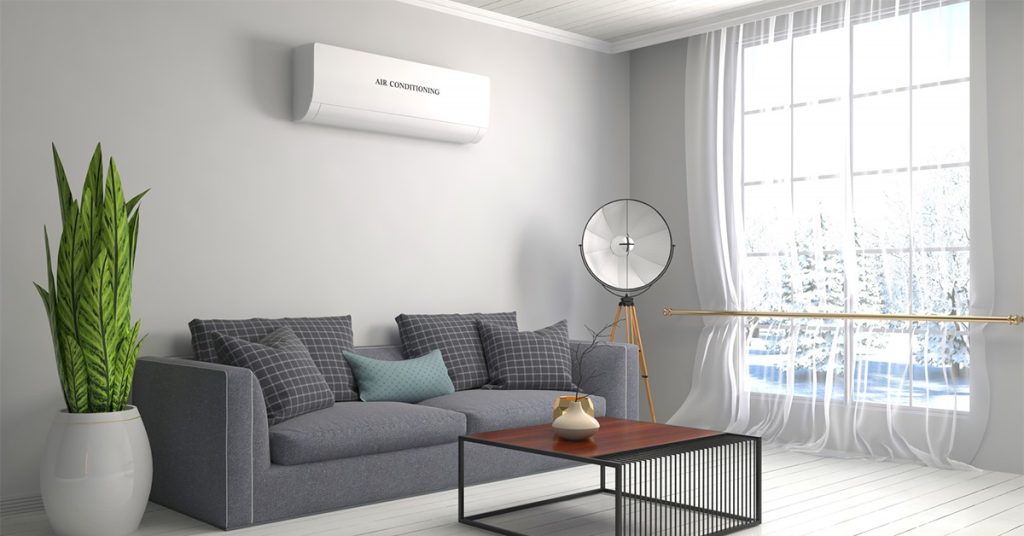Choosing the Best Air Conditioner for Your Home: A buyer’s Guide
Introduction
Choosing the best air conditioner for your home is an important decision, especially if you want to ensure your comfort on scorching summer days. However, making the perfect choice can seem daunting, given the multitude of options available on the market. Nevertheless, GeneralTec ‘ll expertly guide you through the process of selecting the ideal air conditioner for your home.
Assess Your Cooling Needs
It’s important to comprehend your cooling needs before stepping into the realm of air conditioners. Take into account the number of rooms, the size of the area you wish to chill, and the local climate. Are you searching for a portable unit for a single room or a whole-house cooling solution? You can reduce your options with this preliminary evaluation.
Choose the Correct Type
There are many different types of air conditioners, each with unique benefits
Split-System Air Conditioners
Split-system air conditioners consist of an outdoor compressor unit and an indoor unit. These systems are highly adaptable and can efficiently cool specific areas or rooms within a building. They are commonly used in both residential and light commercial applications, providing effective temperature control and comfort.
Window Air Conditioners
Window air conditioners are especially designed for cooling single rooms. They are installed in windows or wall openings, making them ideal for individual room temperature control. These units are convenient and energy-efficient solutions for maintaining comfort in smaller spaces.
Light Commercial Air Conditioners
Light commercial air conditioners are tailored for cooling larger spaces in commercial buildings or small businesses. These systems are designed to handle higher cooling demands and maintain consistent comfort levels in areas where a centralized system is not required.
Floor Standing Air Conditioners
Floor standing air conditioners are freestanding units designed to provide cooling for specific areas or rooms. They are commonly used in both residential and light commercial settings, offering efficient cooling solutions without the need for a central system. These units are particularly versatile in their application.
Air Curtains
Air curtains create a barrier of air to separate two different environments, often indoors and outdoors. They are commonly used in commercial spaces such as retail stores and restaurants. Air curtains help maintain temperature control, prevent the entry of insects and pollutants, and ensure a comfortable environment for customers and employees.
Energy Efficient
Choose an air conditioner with a high Seasonal Energy Efficiency Ratio (SEER) or Energy Efficiency Ratio (EER) rating if you want to save energy. This shows how effectively the cooling unit consumes electricity. Lower energy use and lower utility costs are associated with higher ratings. For optimal efficiency, look for products that have earned the ENERGY STAR label.
Noise Levels
Take into account the air conditioner’s noise level, especially if you intend to install it in a living room or bedroom. Choose models with lower decibel (dB) ratings since they operate more quietly. Modern appliances frequently have noise-reducing features like sound-dampening technology and variable fan speeds.
Cost Considerations
Set a budget before you start shopping for an air conditioner. Keep in mind that while higher-quality, more efficient units may have a higher upfront cost, they can lead to long-term savings on energy bills. Consider the total cost of ownership, including installation, maintenance, and operational expenses.
Read Reviews and Seek Recommendations
Before making a final decision, read reviews from other consumers to learn about their experiences with specific models and brands. Additionally, seek recommendations from friends, family, or HVAC professionals who can provide valuable insights.
Conclusion
It’s not difficult to choose the best air conditioner for your house. At GeneralTec, you can make an informed choice that will keep you comfortable throughout the summer by evaluating your cooling needs, considering the type, emphasizing energy efficiency, taking noise levels into account, ensuring ease of installation and maintenance, managing your budget, and doing extensive research











